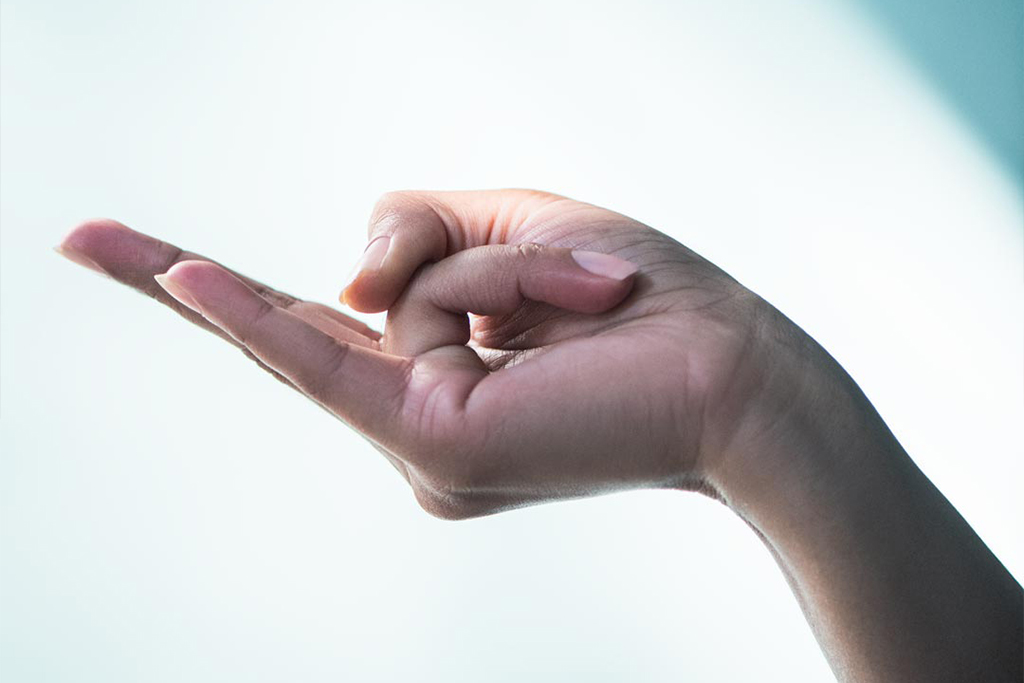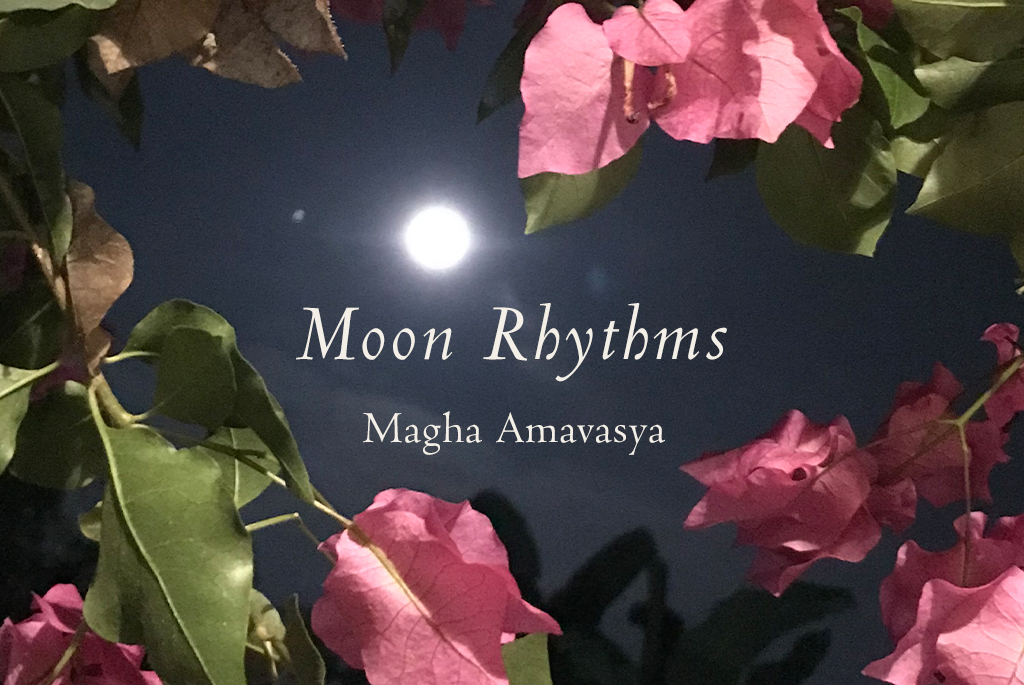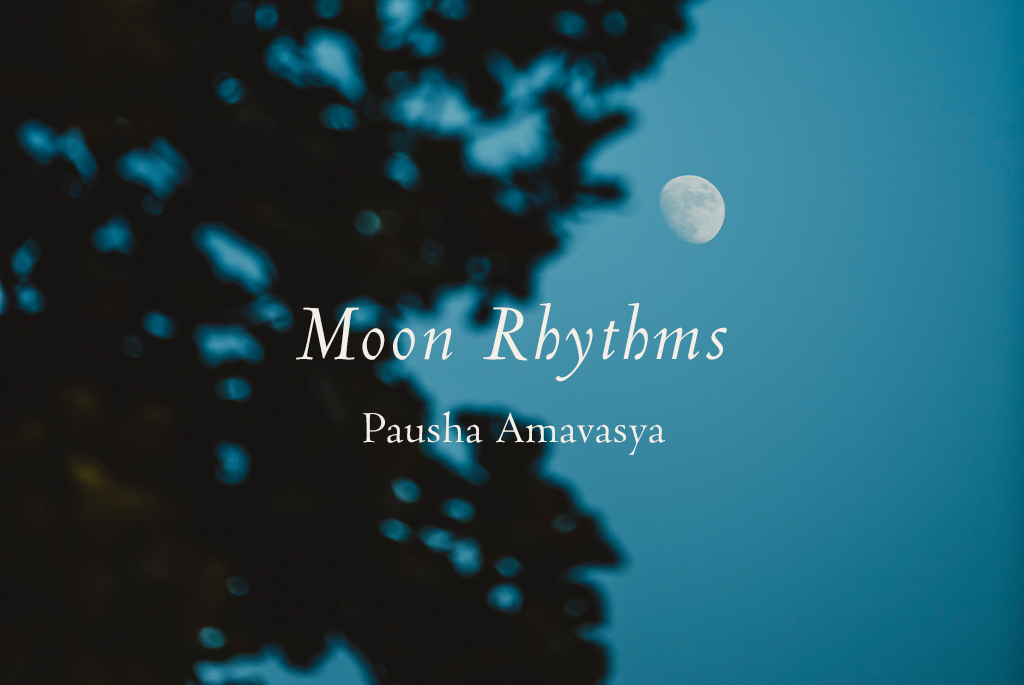




The Moon has long fascinated and dominated the human imagination. In the traditional and cultural imagination, the Moon has been linked to just about everything. Often in folklore the Full Moon is when the inner beast is unleashed – such as the myths of Werewolves. Words denoting madness and eccentricity – lunacy, loony, moony, etc., are derived from and linked to the Moon. Traditional wisdom and traditional systems of knowledge such as Astrology have always drawn a correlation between the Moon and the human body, mind, mood and spirit.
Science is beginning to investigate some of these long-held notions. And the answers are interesting to say the least. Some small studies have established a correlation between the Moon and our sleep.
A “Lunar Influence” study conducted by scientists in Basel, Switzerland has found that “during a full Moon their 33 volunteers (who were unaware of the purpose of the study and unable to see the Moon from their beds):
But, intriguingly, the researchers suggested it was not down to the extra light from the Moon, as they were shut in a darkened room. The most likely explanation, according to the research released in 2013 in Current Biology, was that somehow they were naturally attuned to the moon’s cycles. Prof Christian Cajochen, the man behind the study, said, ‘The lunar cycle seems to influence human sleep, even when one does not see the Moon and is not aware of the actual moon phase’.”
Other preliminary studies in the correlation between sleep and Moon cycles have also established a link between the two. It seems that the Full Moon tends to be associated with lower sleep efficiency. We are more prone to restlessness and sleep less deeply during Full Moon nights. Which means that both, the quality and quantity of our sleep, are impacted the by phases of the Moon.
Sleep Diary: If you want to track your personal sleep cycle and see what, if any, impact the Moon phases have on your sleep – try keeping a sleep journal. And see if the quality, length, dreams, etc., change according to phases, and whether the New Moon and Full Moon nights are significantly different.
Aligning Cycles: While scientific studies have begun looking at the impact of the Moon cycle on sleep, most are still at the preliminary stage. As yet they have only begun to establish correlations. Solutions for those with disturbed or poor sleep cycles are not yet being offered. The acknowledgement that your sleep cycle can be impacted by the Moon can be a step towards better sleep. It might help to adopt traditional practices to encourage deeper sleep during the bright half of the Moon cycle.
Sleep Rituals: Creating your own rituals of relaxation before bedtime might be the best way of ensuring restful healing sleep. As per the Ayurvedic understanding of body rhythms, we should go to bed by 10 pm. Failing that, establish a regular bedtime. Put away your screens – television, tablet or mobile at least 30 minutes prior to going to bed. The blue light emitted by screens subliminally stimulates the brain. You can also use aromatherapy with essential oils. Lavender, Chamomile, and Cedarwood are some of the oils that can help calm the mind and body. They can be used on their own or in a synergistic blend. Diffuse a sleep aid blend, such as Sleep Deep by Paro, an hour or so before bedtime to create a restful ambience. Our daily routines become powerful rituals when practiced consciously. Creating your own sleep rituals is a way of transitioning to the quietude needed for the body and mind to slip into truly healing, restful sleep.
Learn more about gentle practices that can help activate your relaxation response and help you sleep better.
Aligning our body and mind with the Moon cycles through traditional practices can lead to harmony between all three. And also better sleep.